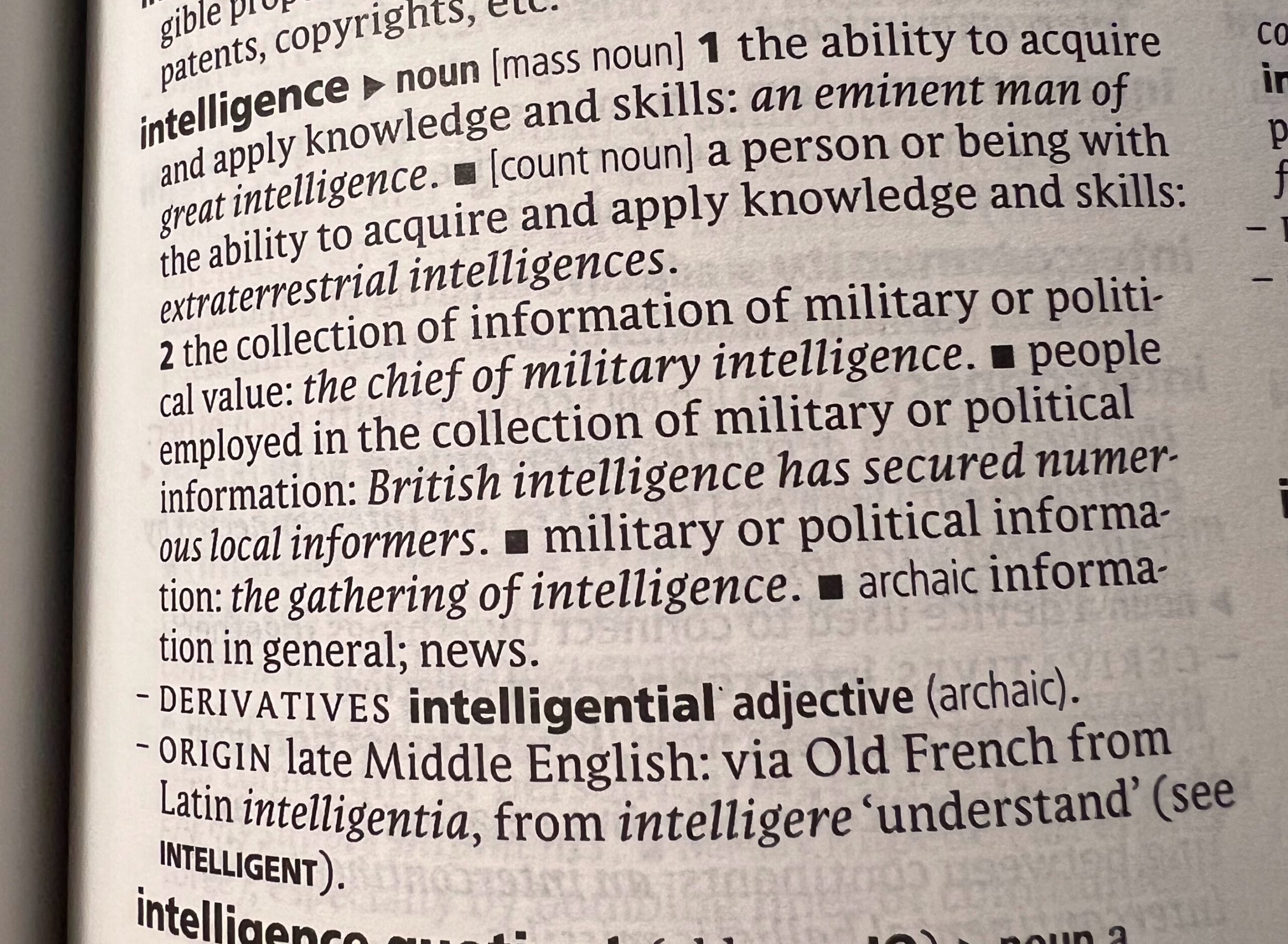
Fig. 1. “A scholar in his study,” oil on canvas by Rembrandt, 1634, public domain, via Wikimedia Commons.
Surely I have commented in this space that no standardized test measures anything other than a particular form of literacy.[1] This is very specifically why people of color often challenge such tests as racially biased.
How are they biased? I can’t tell you. I’m white. I don’t see it like a person of color can. But in the tests I’ve taken, I certainly do recall that there were a number of questions that were more open to interpretation than the multiple choice selections, implying that a single correct answer could be chosen from those offered, would suggest.
And the vaunted Intelligence Quotient (IQ) test? Here’s Mensa International in a glowing page with the history of the IQ test:
Mensa admits individuals who score in the top 2% of the population, and they accept many different tests, as long as they have been standardised and normed, and approved by professional psychologists’ associations.[2]
Their page makes clear that they believe that intelligence can be reduced to a single, linear, quantifiable scale,[3] which, as I’ve previously explained, is patent nonsense:
The view of intelligence as measurable on a linear scale, as with the “intelligence quotient” (IQ), assumes that intelligence is reducible to a single measurable attribute. It assumes, for example, that my own intelligence, such as it is, can be compared to that of an artist or a musician or a craftsperson or to, say, Albert Einstein. This is simply not so. I have my own talents, background, and experience. Others have theirs. That I am utterly incompetent as a musician or an artist or a craftsperson or a physicist says nothing about my intelligence. Nor does that their inclinations and talents direct them in a different direction, reaching entirely different conclusions, say anything about theirs. Such comparisons are asinine, even more so than apples and oranges.[4]
And I guess not one of Mensa’s members speaks Spanish. I figured this had to be too good to be true:
— 👤🙎🏻♀️🙎🏻♂️📷📺 (@SirAustinInBuff) September 18, 2022
So I checked (figure 2):

Fig. 2. Mens[o/a] defined in my copy of the Pocket Oxford Spanish Dictionary, 4th ed. (2009). Photograph by author, September 18, 2022.
Now you know what to say to that braggart who claims to be a member of Mensa.
While the word “mensa” might have a coherent definition, the word “intelligence” does not. The dictionary definition (figure 3) very rapidly reduces to nonsense, striking for its unhelpfulness.

Fig. 3. Definition of intelligence, Oxford Dictionary of English, 3rd ed. (2010). Photograph by author, September 19, 2022.
When we speak of “knowledge,” as the dictionary definition (figure 3) does,[5] the immediate question, the question of epistemology, should be, “how do you know?” When there is no theory of truth that withstands scrutiny,[6] knowledge can only be acquired through some form of supposition. Which isn’t “knowing” at all; indeed, if intelligence relies on “knowledge,” then intelligence does not exist and those who claim to know should be much more humble.
Intelligence is a social construction. They are intelligent whom we as a group agree are intelligent. And that’s as far as that goes.
- [1]I lack a proper citation for this. I learned it in my final semester at California Institute of Integral Studies, the one I had to withdraw from, due to a financial aid screw-up relating to a failed attempt to change programs. Transformative Studies was the wrong program for me; I was attempting to get into the Social and Cultural Anthropology program. I wound up, much more happily at the now-defunct (or nearly so) Human Science program at Saybrook University.↩
- [2]Mensa International, “What is IQ?” n.d., https://www.mensa.org/iq/what-iq↩
- [3]Mensa International, “What is IQ?” n.d., https://www.mensa.org/iq/what-iq↩
- [4]David Benfell, “Ilya Shapiro is wrong and yes, Joe Biden should nominate a Black woman to the Supreme Court,” Not Housebroken, February 1, 2022, https://disunitedstates.org/2022/02/01/ilya-shapiro-is-wrong-and-yes-joe-biden-should-nominate-a-black-woman-to-the-supreme-court/↩
- [5]Oxford Dictionary of English, 3rd ed. (2010), s.v. “intelligence.”↩
- [6]Grant Kien, “Postmodernism Trumps All: The World Without Facts,” Qualitative Inquiry 27, no. 3-4 (2021): 374-380, doi: 10.1177/1077800420918892↩

Pingback: Is Vladimir Putin losing his grip? - Irregular Bullshit